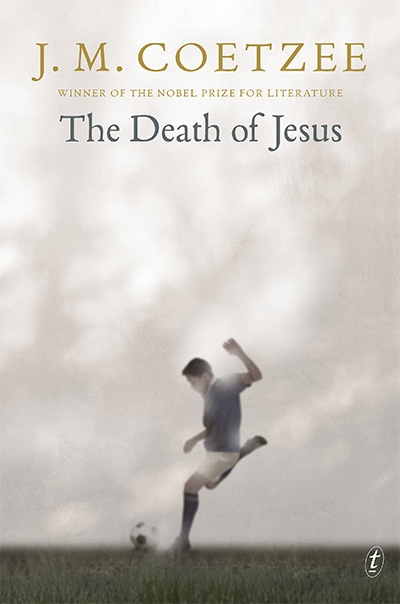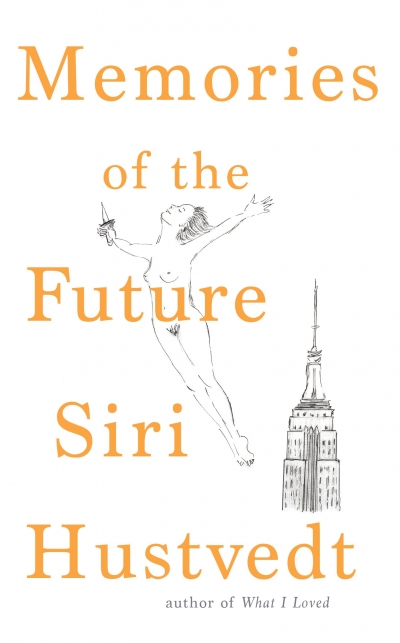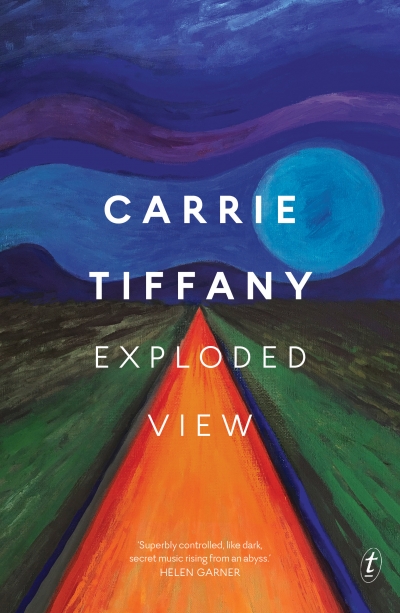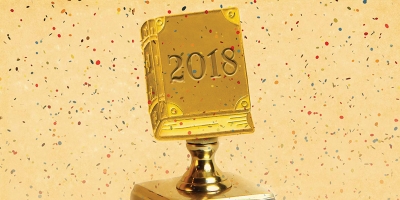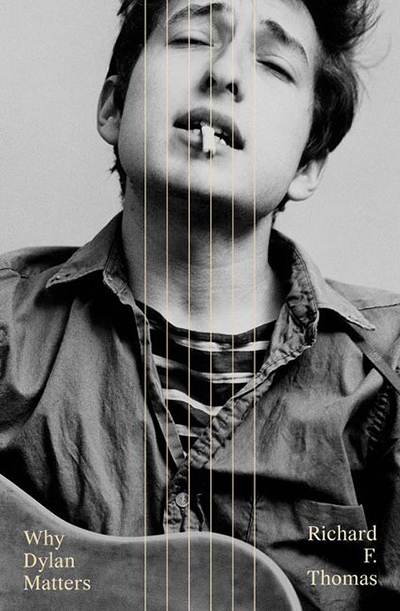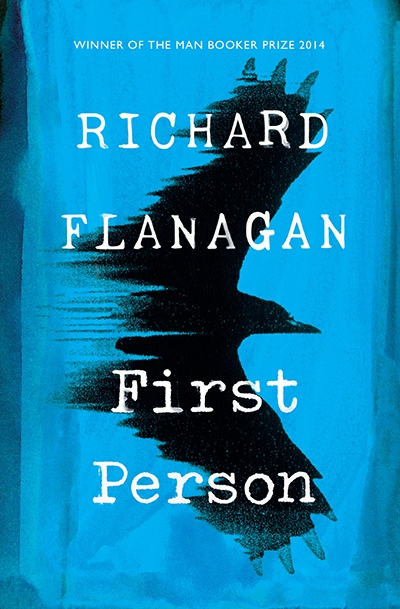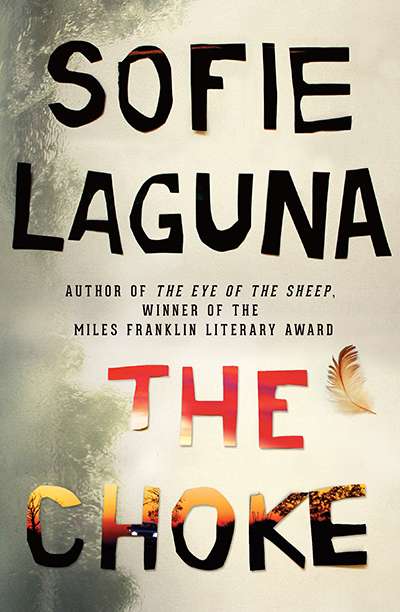James Ley
To celebrate the best books of 2018, Australian Book Review invited nearly forty contributors to nominate their favourite titles. Contributors include Michelle de Kretser
... (read more)Krapp’s Last Tape was first performed in 1958, which places it towards the end of Samuel Beckett’s middle period: those fruitful postwar years during which he wrote his major plays, Waiting for Godot (1952) and Endgame (1957), and the three extraordinary novels known collectively as the ‘Molloy Trilogy’ (1951–58) ...
... (read more)To celebrate the best books of 2017 Australian Book Review invited nearly forty contributors to nominate their favourite titles. Contributors include Michelle de Kretser, Susan Wyndham, James Ley, Geordie Williamson, Jane Sullivan, Tom Griffiths, Mark Edele, and Brenda Niall.
... (read more)
